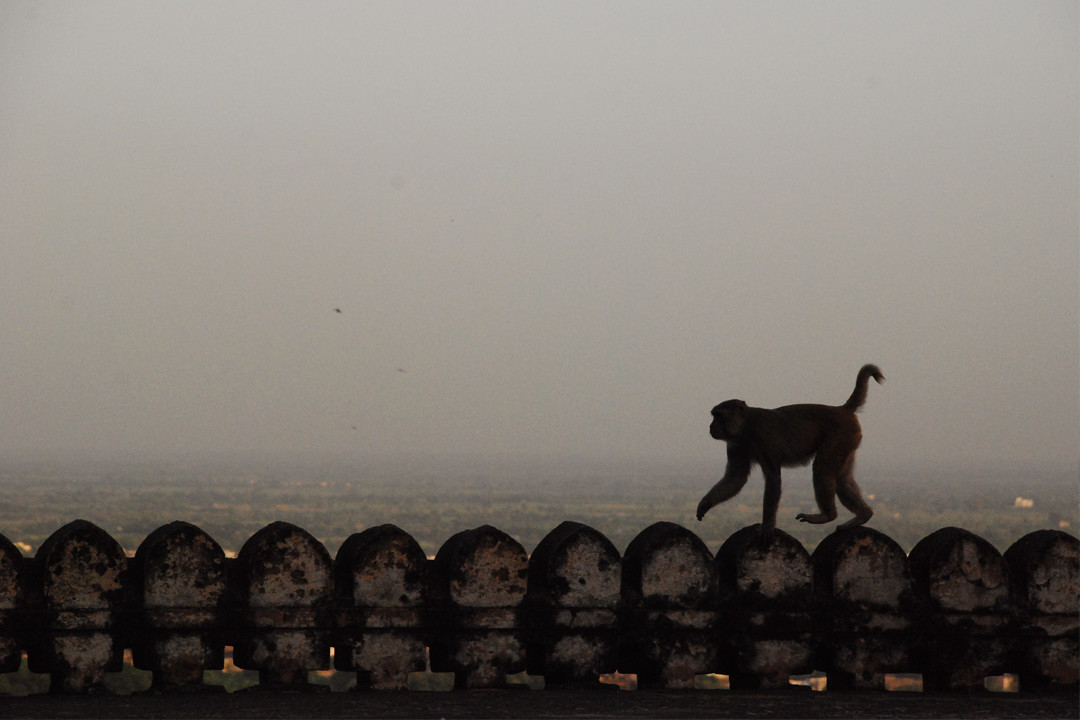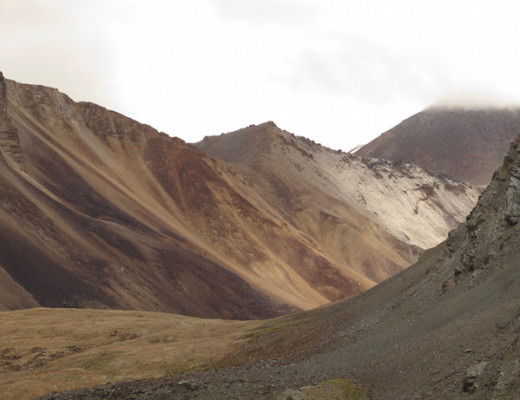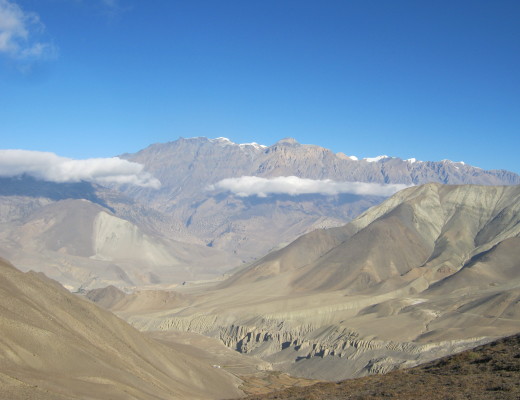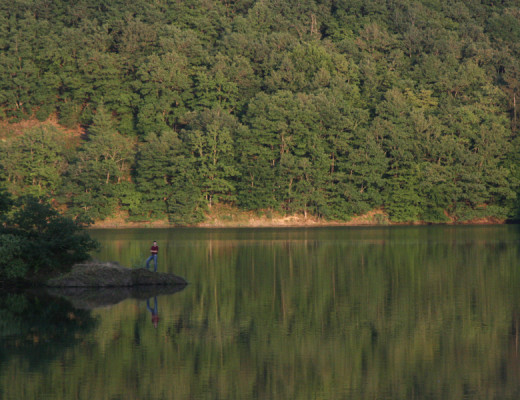Bangkok, Bishkek, Beijing, Phnom Phen and Ulaanbaatar – all cities that I am well-acquainted with thanks to the joyous visa application process and the accompanying waiting game.
There are countries like Laos and Cambodia where the visa process is no more than a casual afterthought at the border, with a few suspiciously ambiguous expenses along the way.
Then there’s Myanmar, Vietnam, China and Kyrgyzstan, which make you earn your entry, either by testing your patience, your wallet or your sanity.
What I did learn is that all embassies have their own quirks and, even those representing the same country have differing rules that change with the weather, although the weather is more predictable.
The Kyrgyz embassy in Beijing sees a daily mob of people wanting that golden ticket. Who knew Kyrgyzstan was such a hot travel destination?
For a few days, this was our routine: Take a bus and then a taxi to arrive at the compound before it opens. Join the mosh pit and sweat it out until the one person working the visa counter locks the door and tells us to come back tomorrow. Repeat. Repeat.
It was on the second day that we realized why it was taking so long. Each person had a bag of 50-100 passports belonging to their tour group clients, all of which needed visas. Despite the cramped circumstances, it was a goodnatured bunch and we spent much of those days laughing and talking politics. (Side note: Moments like these are where the real memories are made, so if it sounds like I’m complaining about the visa jungle, I’m not.)
We eventually arrived early enough to be advantageously situated in the human clump. With Boris boxing out and me unsheathing my boney elbows we finally succeeded.
Then there was the embassy in Ulaanbaatar, Mongolia. Getting a Chinese visa in Bangkok was so easy and uneventful that when it came time to pick up a new one in Ulaanbaatar to reenter China, I didn’t give it much thought.
The buzz in the guesthouses was that Ulaanbaatar’s Chinese embassy had temporarily applied stricter requirements: you now needed a sponsorship letter written in Chinese from a host or tour company.
We showed up to the embassy nonetheless, prepared but pessimistic.
Each applicant before us was rejected almost immediately and stormed out swearing in their language of choice.
I prepared for the worst – forgo the overland trip to western China and fly straight from here to Osh, Kyrgyzstan.
The stack of papers in my hand was fatter than my college application. We’d printed out everything remotely relevant in order to increase the bulk of our folders and hopefully, our legitimacy. There were bus tickets, insurance papers, hotel bookings and bank statements. We even had tickets for our train ride back to China and flight from Kyrgyzstan to Delhi, along with our planned overland itinerary to Kashgar and then Osh.
Most importantly, we just refused to leave the front of the line. Twice, the clerk slid back our papers, shook his head and waved us on.
Luckily, he was young, inexperienced and still had a heart. Every time he tried to tell us “no” we kept on talking, only faster. Eventually, he slowly took back the folders and began flipping through them.
Then, stamp. “Come pick them up at 4pm.” Slightly stunned, we thanked him repeatedly until he laughed and told us to leave.
We left without a glance at the line of miserable souls behind us and celebrated with crepes at an overpriced expat restaurant, humming “I’ve got a golden ticket” for the rest of the day.
A month later in Kyrgyzstan, we applied for visas to India. I’d never heard of anyone being denied access to India. After a week of back and forth, they told us we would not be granted access into India because our respective national offices in Berlin and Brussels were not cooperating.
We spent a full day attempting to contact our offices on their behalf. Frustrated at the thought of spending three weeks in Bishkek or missing our flight to Delhi, I couldn’t help but cry. Why couldn’t a country of 1.28 billion people make room for two more well-behaved visitors?
And then, it did. The office staff gathered together, talking quietly. The consulate had closed but they told us to wait. Ten minutes later we had our visas. They would get permission from our embassies retroactively.
I’m not saying that visa applications are not completely without rhyme or reason, but they are flexible. The ultimate decision is always made by a real person so rules are never as set in stone as they would want you to believe. Sometimes all it takes is an extra couple bucks, a stack of senseless papers or some tears.





No Comments